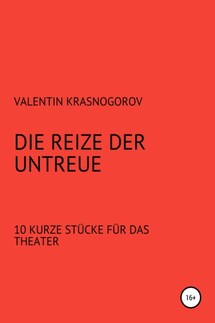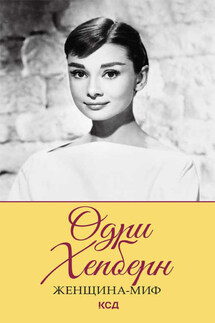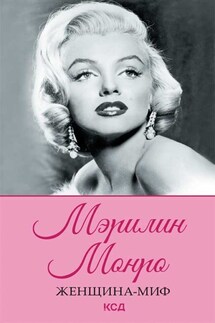THEATER PLAYS - страница 19
MAN: I don’t think he has any medals.
DIRECTOR: It doesn’t matter. We’ll make some for him.
MAN: And where will the service be held?
DIRECTOR: There isn’t going to be any service. First, it’s not in the budget – too pricey. Second, I was told that he’s an atheist and, unlike you, never pretended to be religious.
WOMAN: Where are we going to be standing?
DIRECTOR: In the center of the square and the center of attention, right by the coffin. And the coffin, covered in flowers, will be on a gun-carriage drawn by six black horses… (sighs) Can it be that he’s not going to die, and this beautiful sight will forever reside only in my imagination?
MAN: Keep your chin up. It’ll all work out somehow.
DIRECTOR: We can hope. (glancing at CONSULTANT) But let’s go on. So, the two of you are standing beside the coffin, not only as a prime minister and a member of the government, but also as a man and a woman, a symbol of mutual compassion, the embodiment of humanity, of warmth and hope. But remember: no matter how beautiful a visual may be, it is, first and foremost, an act of propaganda. It’s aimed not at glorifying the deceased, but at reinforcing the power that you represent. So you have to look dignified and imposing the whole time. Both of you are grieving, but in different ways. The woman can allow herself to feel more deeply and sincerely. The man needs to be more aware of how serious this moment is and how much responsibility he bears to the country. Now imagine everything that I’ve just described, and your words will come out right.
MAN: (inspired, his eyes sparkling) Yes. It seems like I’m standing on the square already…
DIRECTOR: Then don’t wait. Carry on with your speech.
MAN: (with feeling) Dear friend! Sometimes you criticized us, but we were never enemies. Yes, we had differences of opinion; yes, we often argued… But we always knew that in the depths of our souls we stood together, that we both loved our motherland, our people.
DIRECTOR: Why are you calling him “friend”?
MAN: What’s it supposed to be?
DIRECTOR: Look at what it says in the text you’re holding.
MAN: (guilty) It says “brother.”
DIRECTOR: (making sure that CONSULTANT is listening) The author of the script is like the Lord God Himself. He is the only creator, and all we do is interpret his thoughts to the best of our ability and understanding. But you’ve decided that you can tinker with the text, like a failing student who’s been slacking instead of studying. The author is not only more talented than either of us but also crafts his words carefully, ponders the rhythm of the speech, the structure of the phrase. But every now and then, there’s an actor who thinks he can improvise and knock everybody’s socks off.
MAN: But I only changed one word…
DIRECTOR: Sometimes all it takes is a changed comma to distort the meaning of the whole speech. Do it over.
MAN: (with a glance at the paper to be sure, he repeats his lines, this time punching up the correct word) Dear BROTHER! Sometimes you criticized us, but we were never enemies. Yes, we had differences of opinion; yes, we often argued…
DIRECTOR: That was good! Go on.
MAN: Shortly before your death, you sent me a letter acknowledging that your criticism was wrong, that you realized it had been a mistake. You asked for forgiveness, asked permission to stand alongside us, expressed a desire to work closely with us, to fight together for our country’s bright future. But you didn’t know that we had long ago forgiven you, that I was never angry with you. On the contrary, I have always been grateful to you for your honest and bold criticism. We are proud of our friendship with you, dear BROTHER. You are ours, you are one of us. We can be content: the bright future, so long awaited, is already close at hand, is already here.









